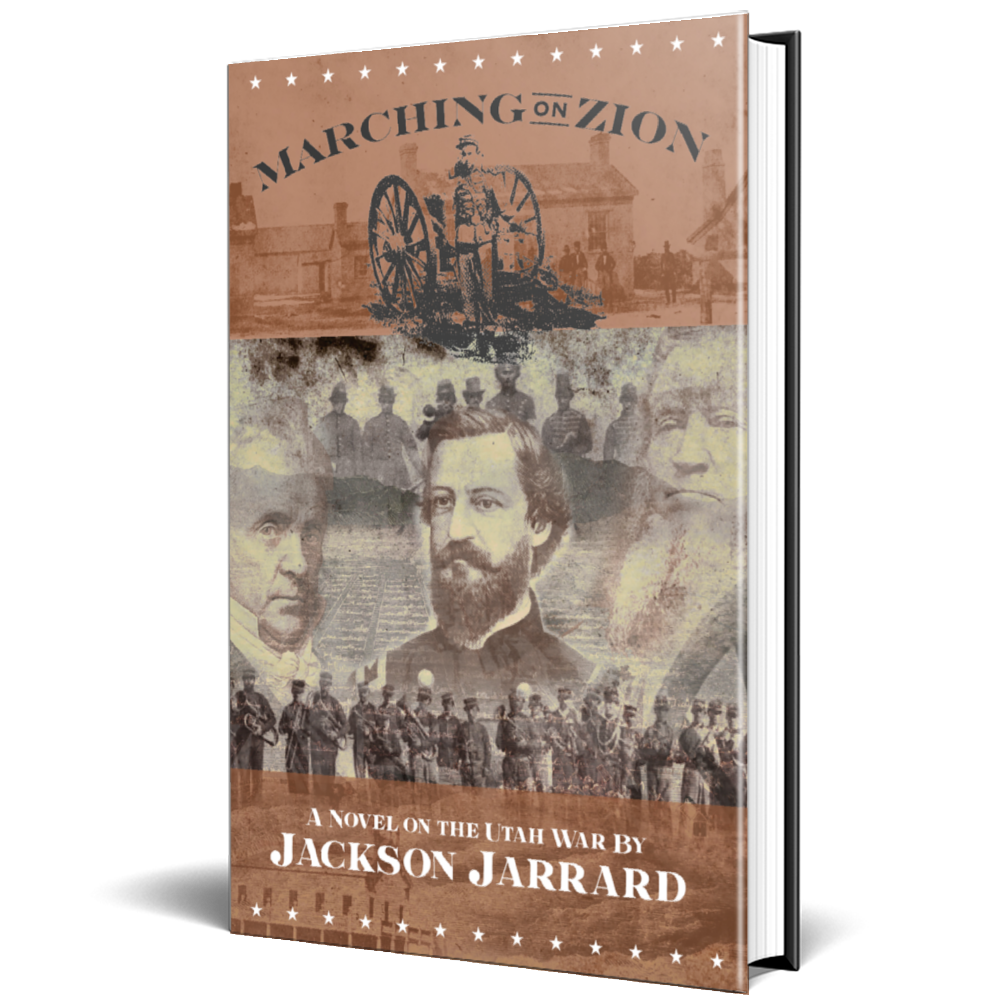“They Shall Not Pass!”
Brigham Young declared that the Utah Expeditionary forces under Col. Albert Sydney Johnston would not be permitted to enter the Salt Lake valley, setting in motion efforts by Lot Smith and others to burn wagons and scatter their animals–until Thomas Kane could mediate the conflict between the Mormons and the U.S. Government.
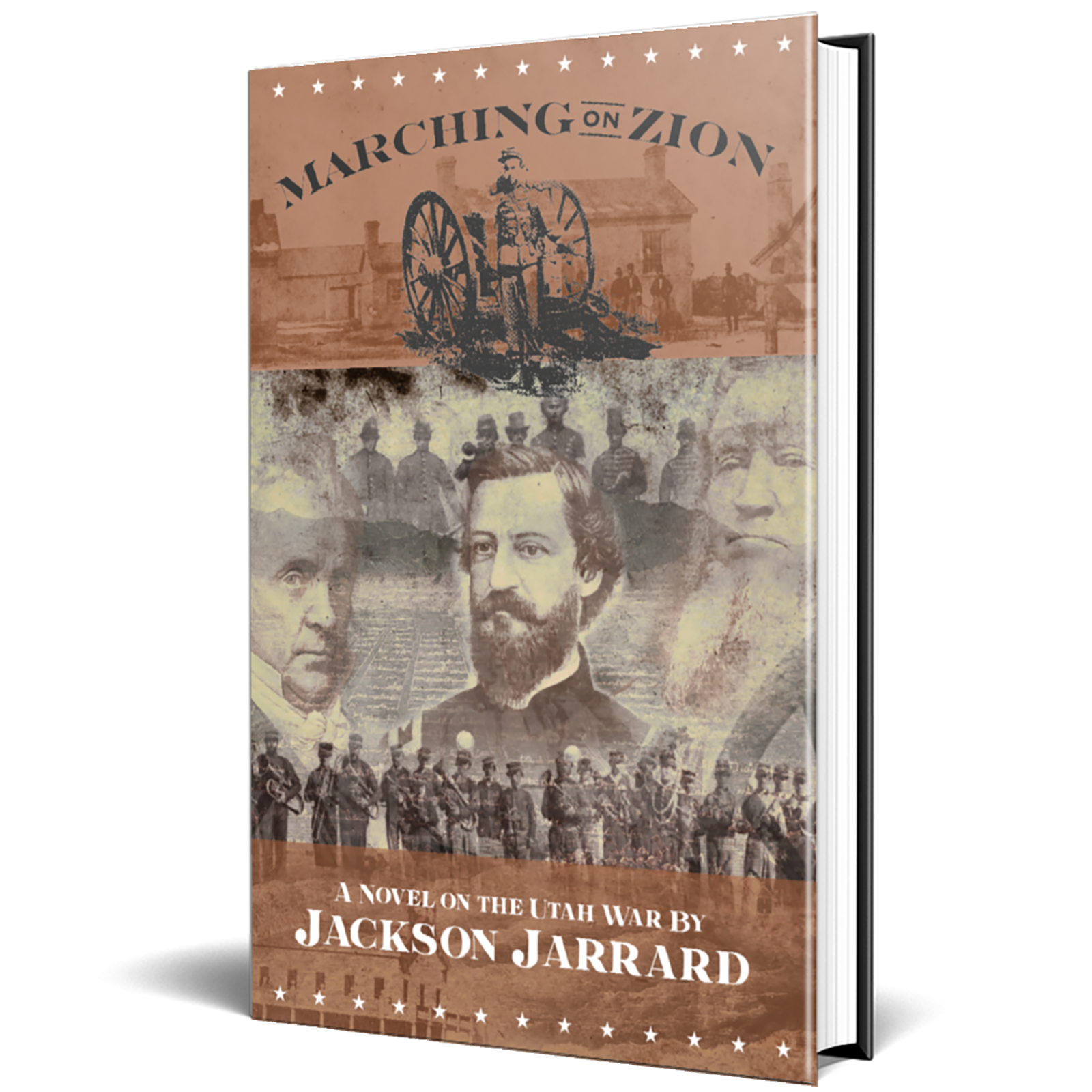
After being driven from New York to Ohio, then Missouri and Illinois, the Latter-day Saints found themselves on the eastern edge of the Great Basin in the Salt Lake valley, arriving in July 1847, nestled up against the Wasatch Mountains. Ten years later as they were celebrating in Big Cottonwood Canyon, some 15 miles from the city center, four riders brought news from Washington. President James Buchanan had sent one-third the U.S. Army to enforce Federal rule and install a new governor by force, if necessary. In response, Brigham Young said “I did devise the great scheme of the Lord’s opening the way to send people to these mountains; I had nothing to do with it. No, we came here by faith, not knowing beforehand whither we would go….If the Lord should say by revelation this is the spot, the Saints would be satisfied even if it was a barren rock.” Now, Brigham Young declared, they would stand their ground… “they (the Army) would not pass.” And if it did force its way in, the Mormons would lay waste to their beloved city and make their exodus to “another barren rock” the Lord had selected.
MARCHING ON ZION
A Novel About “The Utah War”
There is a fundamental difference between historical fiction and fictional history. In this story. the author has tried to be true to recently published history (particularly William P. MacKinnon’s two-volume series “At Swords Point” and Matthew Grow’s biography of Thomas Kane, “Liberty to the Downtrodden”) about the events of 1856 to 1858 when newly elected president James Buchanan authorized one-third of the entire U.S. Army to accompany a newly appointed governor for the Territory of Utah and install him by force because he was told the Mormons were rebelling.
The Utah War could have been the Civil War BEFORE the one that began in 1861 with the shelling of Fort Sumter in South Carolina. Tensions between the North and the South were already boiling over in a series of murder and mayhem that was known as Bleeding Kansas. Republican candidate for president John C. Fremont in 1856 campaigned on the theme of fighting the “twin relics of barbarism, slavery and polygamy.”
A disgraced former Federal judge in Utah, William Drummond, had penned a series of letters and articles defaming the Mormons, particularly Brigham Young and church leadership. Politicians like Senator Thomas H. Benton viewed the Mormons as an obstacle to their vision of “Manifest Destiny,” especially in regards to their warm relations with many of the Native tribes. And, the eastern press joined the calumnious campaign to demonize the sect that had already been driven from their homes in Illinois, Missouri, Ohio and New York. The Mormons were fair game, and the fiction sold newspapers (sound familiar?).
But, there are heroes in this story who turned the tide of history. And, there are victims, including Mormons and non-Mormons alike. Our story focuses on a small man with a big heart, Thomas L. Kane, who in the winter of 1857-1858 journeyed from New York City via Panama to southern California and then north-east to Salt Lake City and then to Wyoming to broker a peace between Brigham Young and General Sidney Johnston. So stay tuned! Details are coming as we prepare for the publication of Marching in Zion in 2025. (Want to be a reviewer? Email or text us–see below)
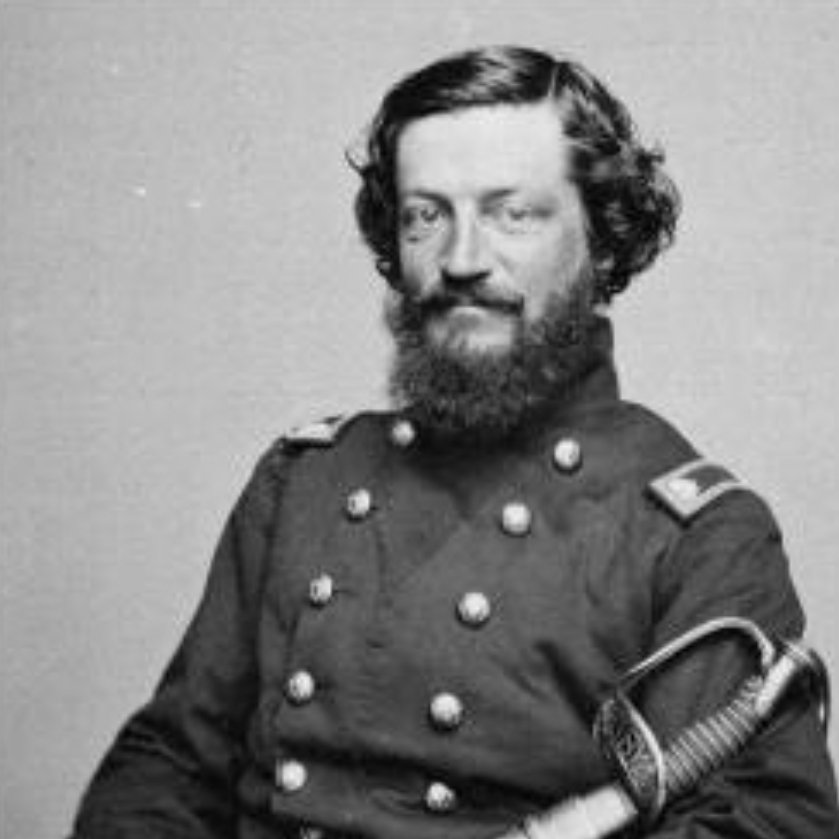
Thomas L. Kane
In 1858, Thomas Kane made a 6,000-mile journey to mediate the Utah War, convincing the Saints to accept their new governor and the army to pass through Salt Lake peacefully and garrison its troops outside the city. He pushed for the Mormon Battalion in 1846. He was a general in the Civil War.
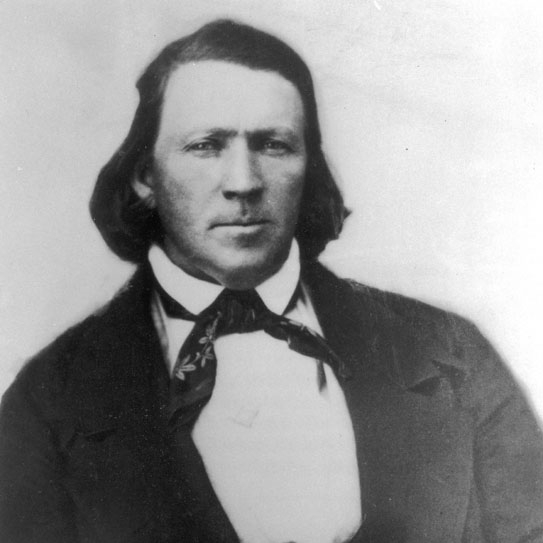
Brigham Young
The second president of the Church of Jesus Christ of Latter-day Saint, considered a prophet, seer and revelator by the Saints and colonizer, often dubbed the American Moses. He led the resistance against the invasion of the army into Utah Territory
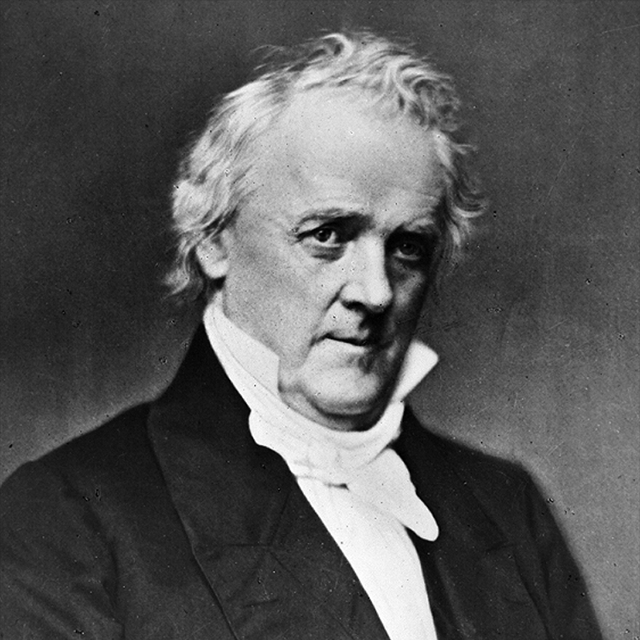
James Buchanan, Jr.
The 15th president of the United States, James Buchanan could do nothing about slavery, but he send the army to bring after the Mormons in tow over the “other relic of barbarism,” polygamy. The Utah War is often called “Buchanan’s Blunder.
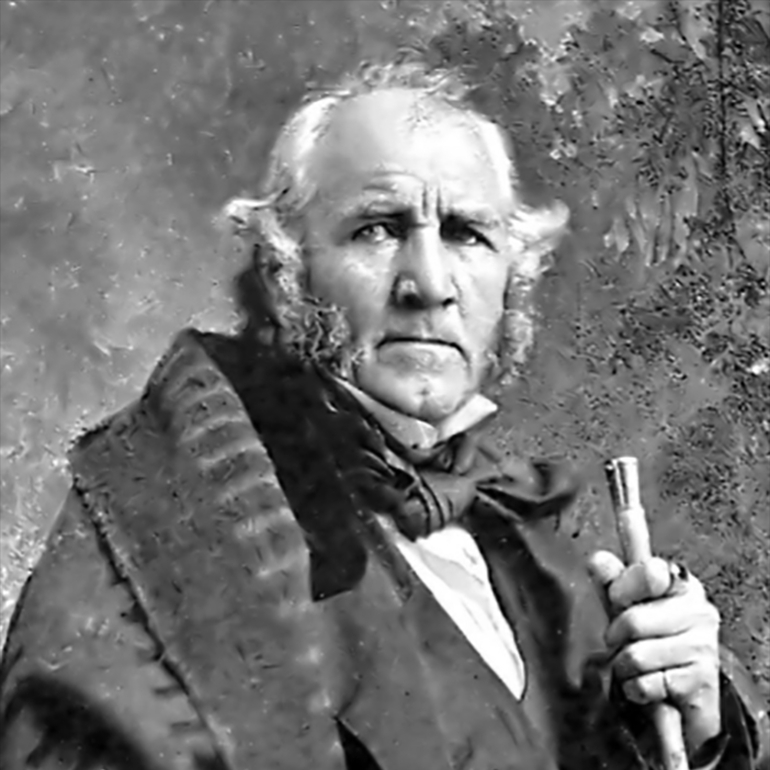
Sam Houston
This revolutionary founder of Texas and later a U.S. Senator, Sam Houston first met the Mormons about 1840 and wanted them to help colonize his state. Then in 1857-1858, he fought for them in Washington, killing funding for more troops for the Utah War.
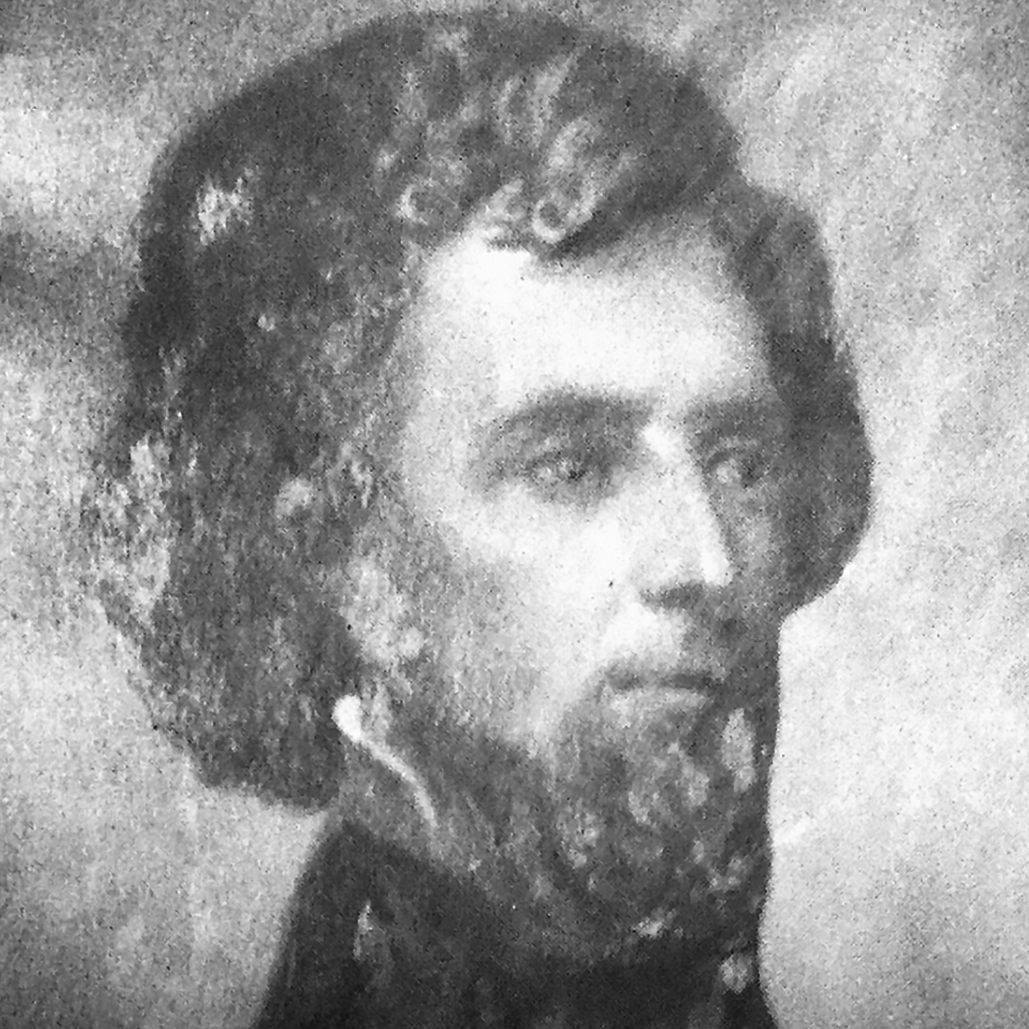
Robert Tyler
The oldest son of former President John Tyler, a Southerner and confidant of President Buchanan, Robert Tyler was an early proponent of the Utah War, pushing Buchanan to send 1/3 of the U.S. Army far into the west. Tyler later served in the Confederacy.
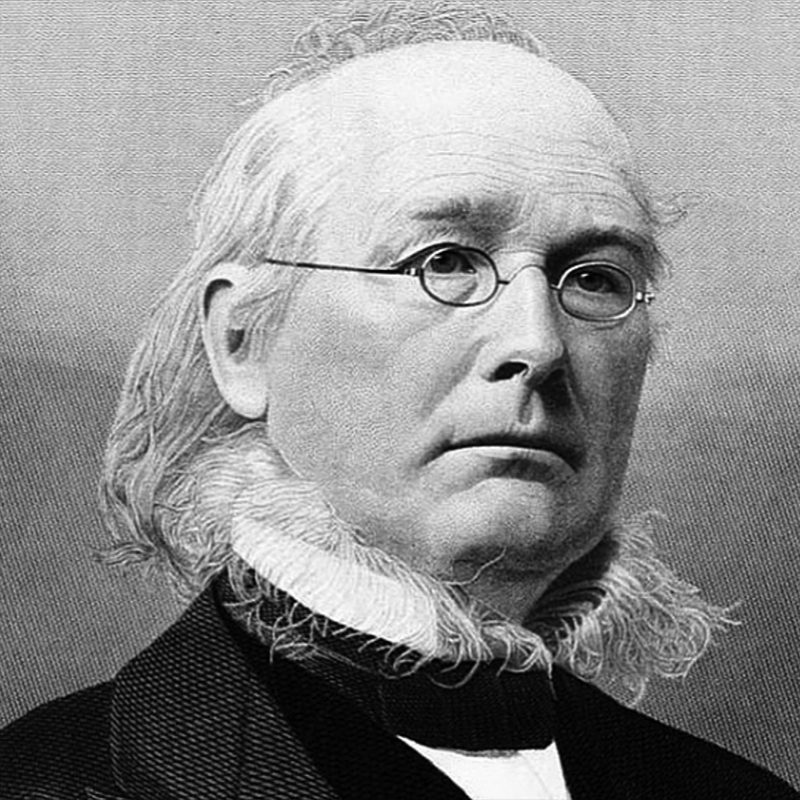
Horace Greeley
Editor and publisher of the New York Tribune, Greeley was the source of the phrase, “Go West, young man, an abolitionist, sometimes a critic of the Mormons, but eventually traveled to Salt Lake City in 1859 to interview Brigham Young.
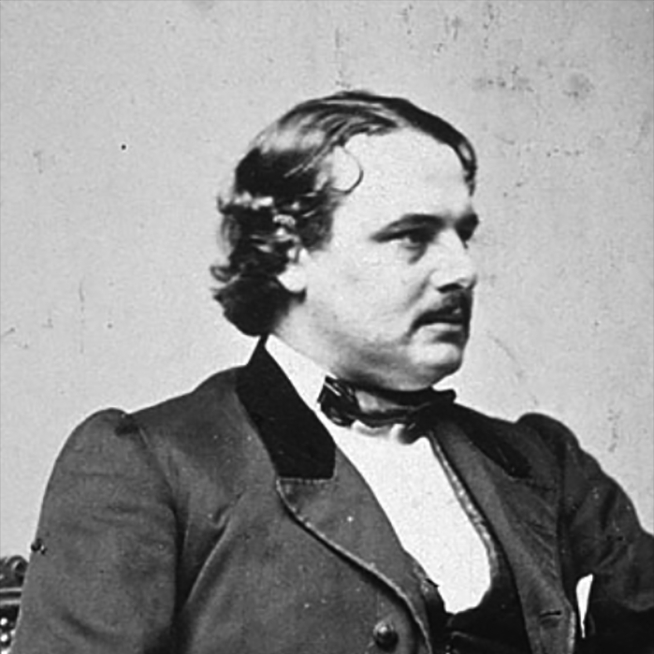
Albert Gallatin Browne, Jr.
Browne was a well educated, wealthy young man whom Horace Greeley hired to be his correspondent for the New York Tribune with the Utah Expedition during the Utah War.

Judge W.W. Drummond
Often referred to as the man who started the Utah War, Drummond was a corrupt federal who abandoned his wife and children and brought a prostitute with him to Utah where he abused his office and the Saints and wrote scurrilous articles defaming them.
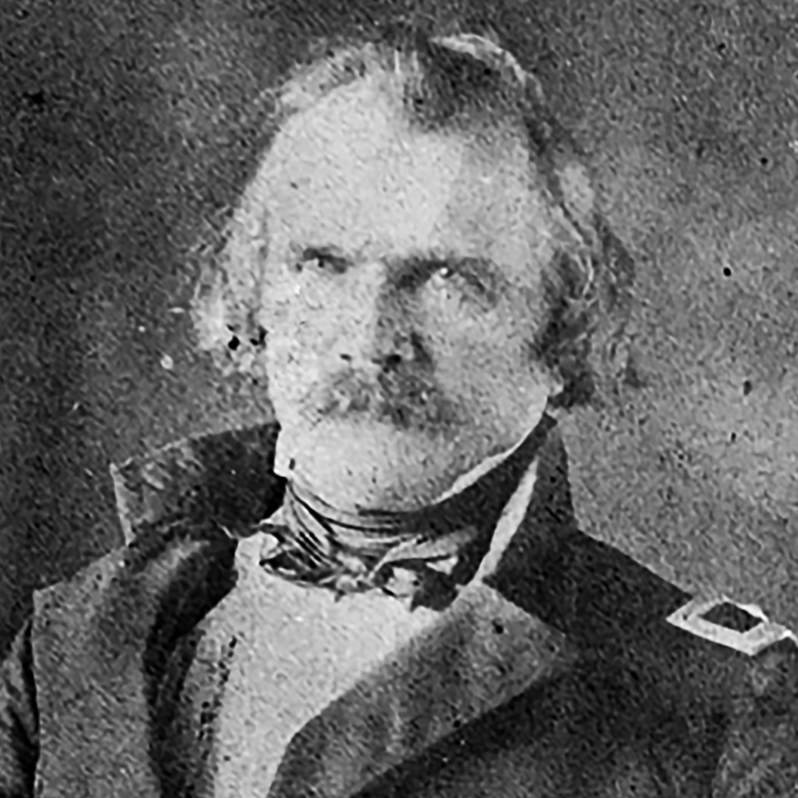
Colonel Albert Sydney Johnston
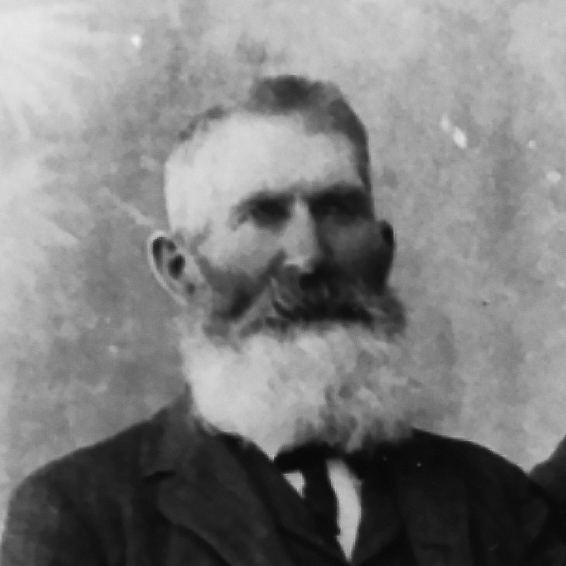
William Stowell
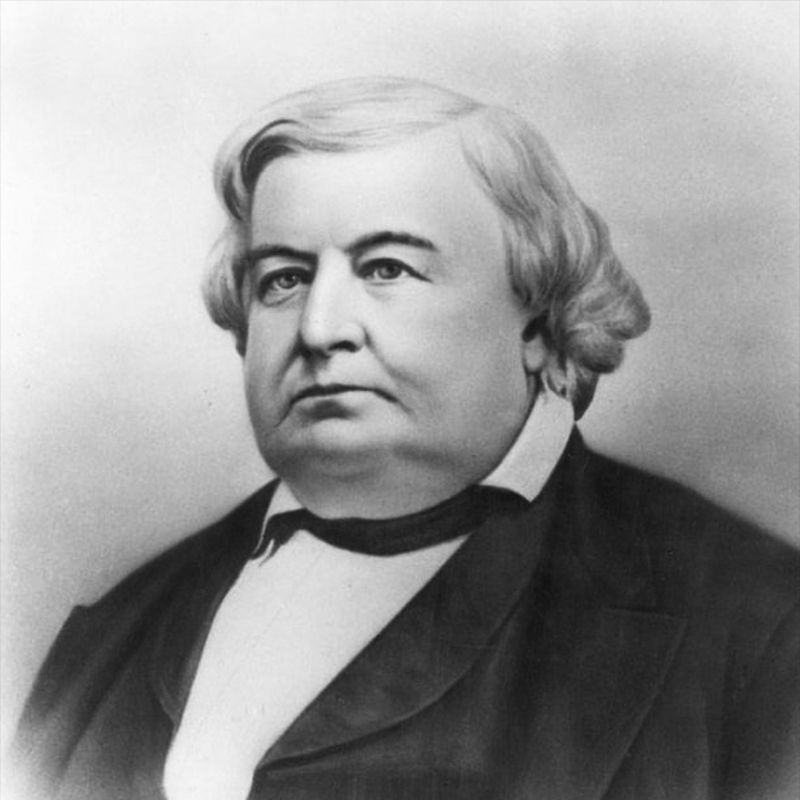
Alfred Cumming
